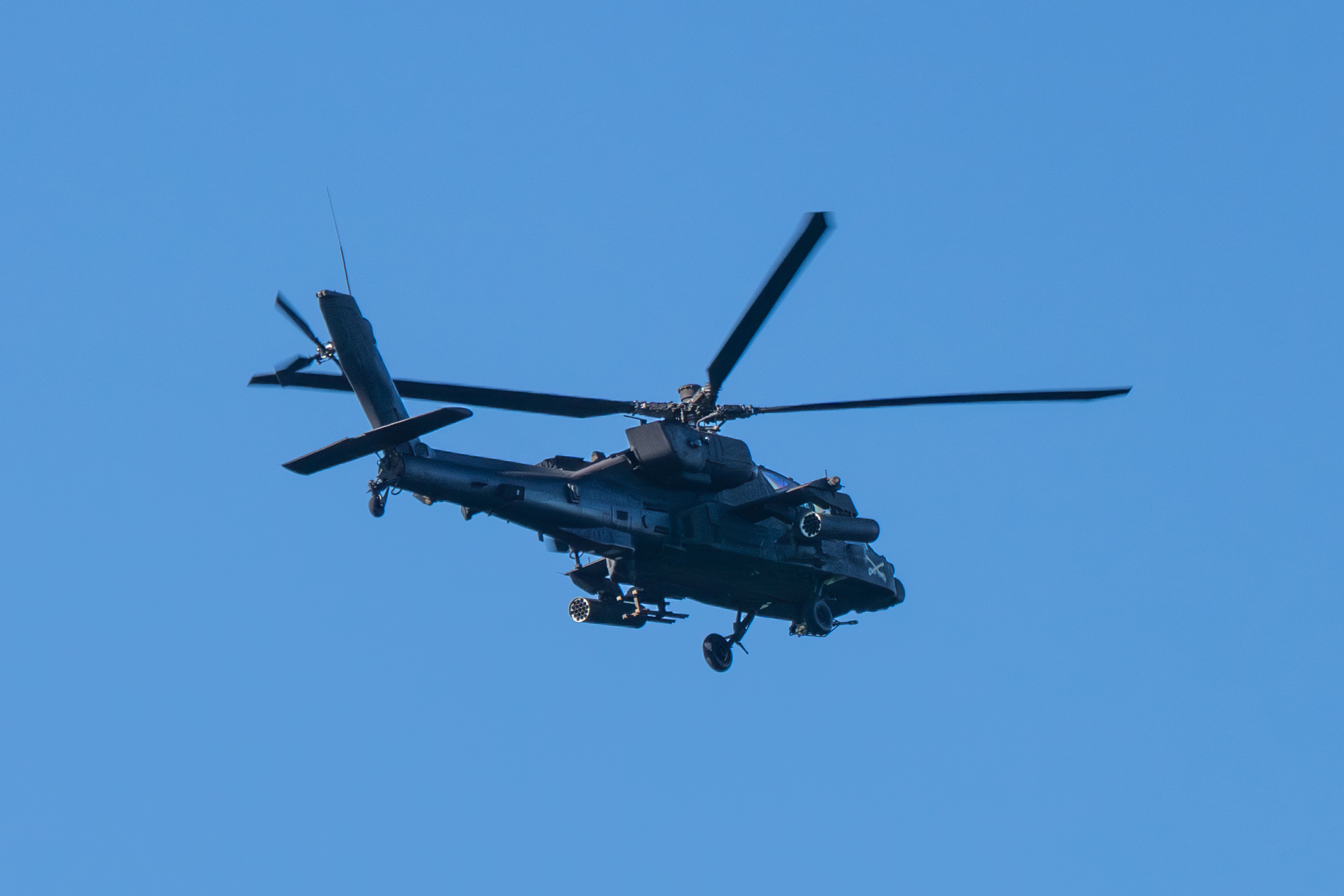Two upcoming European elections could offer Russian President Vladimir Putin a much-needed opportunity to undermine Western resolve in its support of Ukraine and shine a light on creeping Ukraine fatigue that is buoying populist anti-establishment parties across the continent.
Slovakian voters head to the polls this weekend with former Prime Minister Robert Fico neck-and-neck with his main rival in the polls. Fico has blamed Ukraine for Russia's full-scale invasion and vowed to end all weapon and ammunition transfers to Kyiv.
Slovakia's northern neighbor Poland, meanwhile, is gearing up for one of its most pivotal contests in years. Ahead of October's parliamentary election, several diplomatic spats have broken out between the ruling Law and Justice (PiS) party, its NATO and European allies, and its Ukrainian partners, as leaders in Warsaw look to shore up their voter base.
With far-right populist parties surging in the polls in nearby Germany and Austria, and with Hungarian Prime Minister Viktor Orban consistently pushing back against EU-NATO support for Ukraine, fall 2023 in Central Europe may offer hope to a Kremlin bogged down in Ukraine, paranoid at home, and isolated on the world stage.
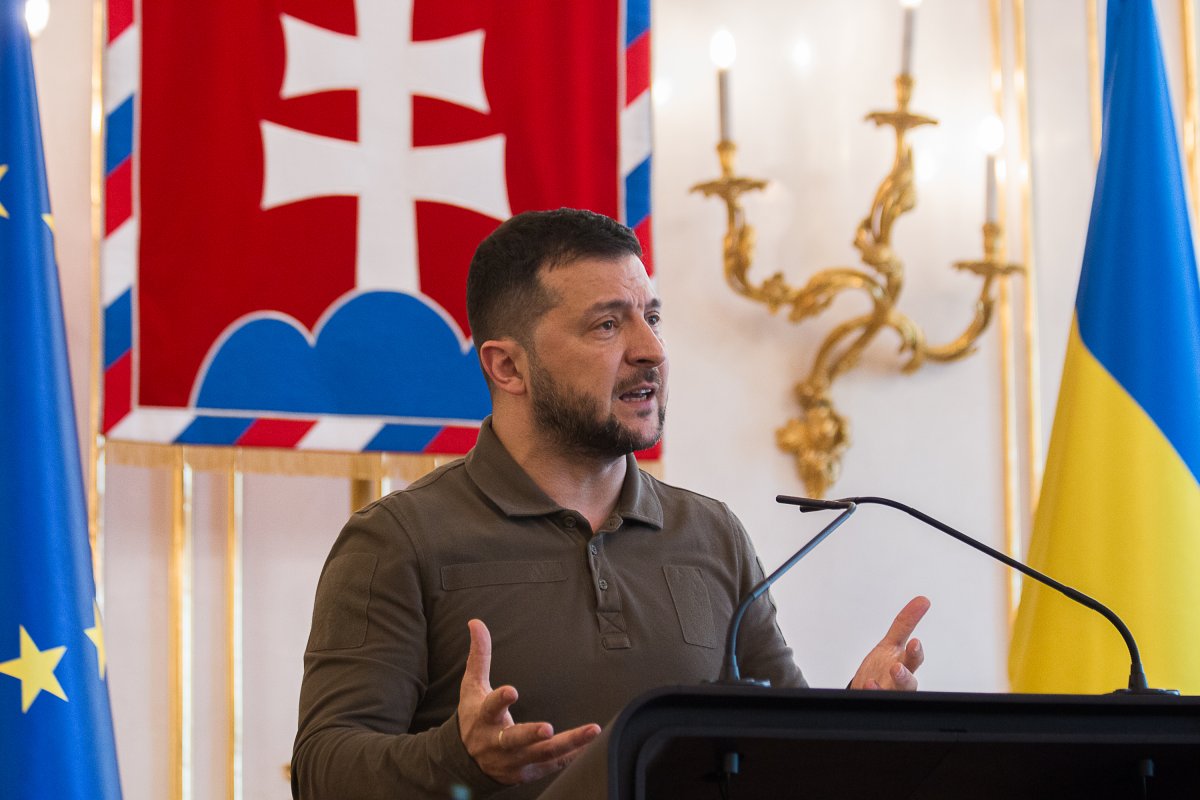
Fico's Return
Fico's SMER social democratic party will go into the weekend almost tied with the liberal Progressive Slovakia party led by Michal Šimečka. Some way behind sits Peter Pellegrini's Voice party, and far behind him a collection of smaller parties fighting to get over the threshold to take seats in parliament.
Alena Kudzko, vice president for policy and programming at the GLOBSEC think tank in Bratislava, told Newsweek it remains unclear how the race and subsequent coalition government negotiations will play out, even if the international coverage of its closing stages have focused on another Fico premiership.
"It's very important not to jump to conclusions," Kudzko said. "Because of how the election rules are structured, it's very unclear how many parties will make it to the parliament because they have to pass the 5 percent threshold.
"Exactly because we do not know how many and which parties will make it, it's almost impossible—or at least very difficult—to predict what kind of coalition will emerge. There are several scenarios, and they can be pretty different based on who the members of the coalition are."
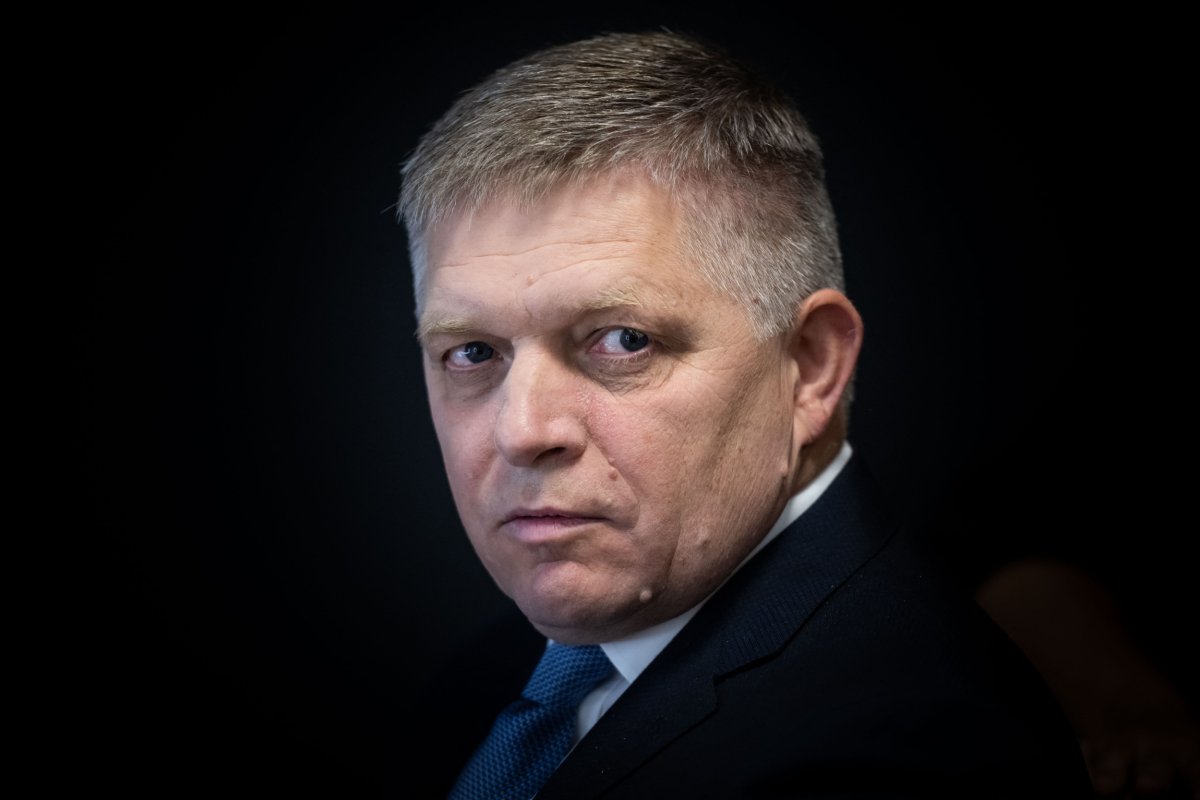
Fico's campaign trail criticism of Ukraine and Western support hint at a possible U-turn in Bratislava, which since February 2022 has provided Ukraine with ammunition, armored vehicles, artillery pieces and even fighter jets. It is possible, though, that Fico's campaign disdain for the war effort may soften if he returns to office.
"When Fico was elected for his previous two terms, his pre-election rhetoric was also pretty different from the policies that he ended up implementing as part of the government," Kudzko said. "Of course, in this election cycle, the rhetoric went even further. So, it might not be entirely possible to roll back and pretend that nothing has been said during the election campaign."
Fico, Kudzko said, is playing off war fatigue within a population that has traditionally been sympathetic to Russia for political, economic, and cultural reasons. Polls suggest mixed opinions on the war, with a large minority holding Ukraine or its Western partners responsible.
"Even now, there is a significant level of sympathy towards Russia," she said.
"That said, most people would not say that Russia is waging the right war, or that Russia necessarily has to win," Kudzko added. "For a lot of people, the feeling and the sentiment is that, yes, maybe Russia was wrong to do it, maybe it's a bad war. But what is important right now is to stop this war. And if we stop this war, the economy will do better. And of course, people will stop dying, and will kind of go back to normal."
Across Slovakia's southern border, Orban and his top officials are in the vanguard of the "back to normal" campaign. The populist has been hesitant to downgrade ties with Moscow, has repeatedly called for immediate peace—which would currently mean some level of Ukrainian capitulation—and has constantly pushed back against NATO military aid and EU sanctions.
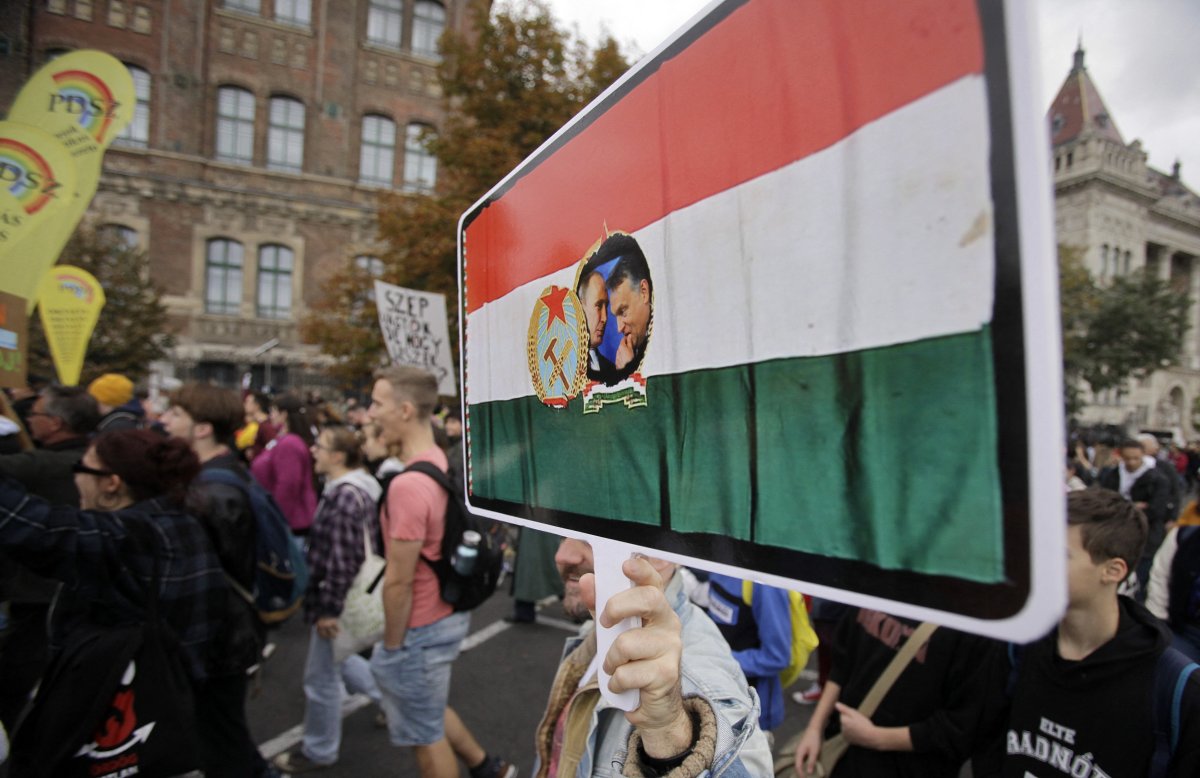
This week, Orban revived a long-running dispute with Kyiv over the rights of ethnic Hungarians in Ukraine, telling parliament: "We do not support Ukraine in any issue in the international scene until it restores the laws that guarantee the rights of Hungarians."
Much of Fico's rhetoric on Ukraine has echoed Orban's. If he is re-elected, Budapest might win a useful ally to the north.
"One characteristic that Fico has consistently demonstrated during the past terms is his pragmatism," Kudzko said. "He will not support Russia for the sake of supporting Russia, he will not support Orban for the sake of supporting Orban, and he will not support the EU or NATO for the sake of supporting the EU or NATO."
"If it's necessary, he very may well go along with EU and NATO decisions," she said. "But of course, he may make sure that he is bargaining hard and that he's able to get certain concessions for Slovakia that are useful for him at home.
"In some cases, you might work with Viktor Orban, but again, this is not an ideological alliance. It will not be an alliance for the sake of alliances above all other goals, but if it's helpful in achieving his goals, he will not hesitate to do that."
All Change in Poland?
Recent months have brought unexpected turbulence in Polish-Ukrainian bilateral relations, as one of Kyiv's staunchest and most hawkish backers turned against Ukraine publicly over a grain dispute. Poland and other Central European nations—including Slovakia and Hungary—have protested against a flood of Ukrainian grain into European markets, warning it was undercutting their own agricultural industries.
The face-off spiraled, with Polish President Andrzej Duda describing Ukraine as "a drowning person" that could prove "extremely dangerous, capable of pulling you down to the depths." Prime Minister Mateusz Morawiecki, meanwhile, said Warsaw would no longer transfer weapons to Ukraine, but instead focus on its own defensive capabilities.
"If you don't want to be on the defensive, you have to have something to defend yourself with," the prime minister said, though he stressed this did not mean that Poland was jettisoning its support for full Ukrainian victory over invading Russian forces.
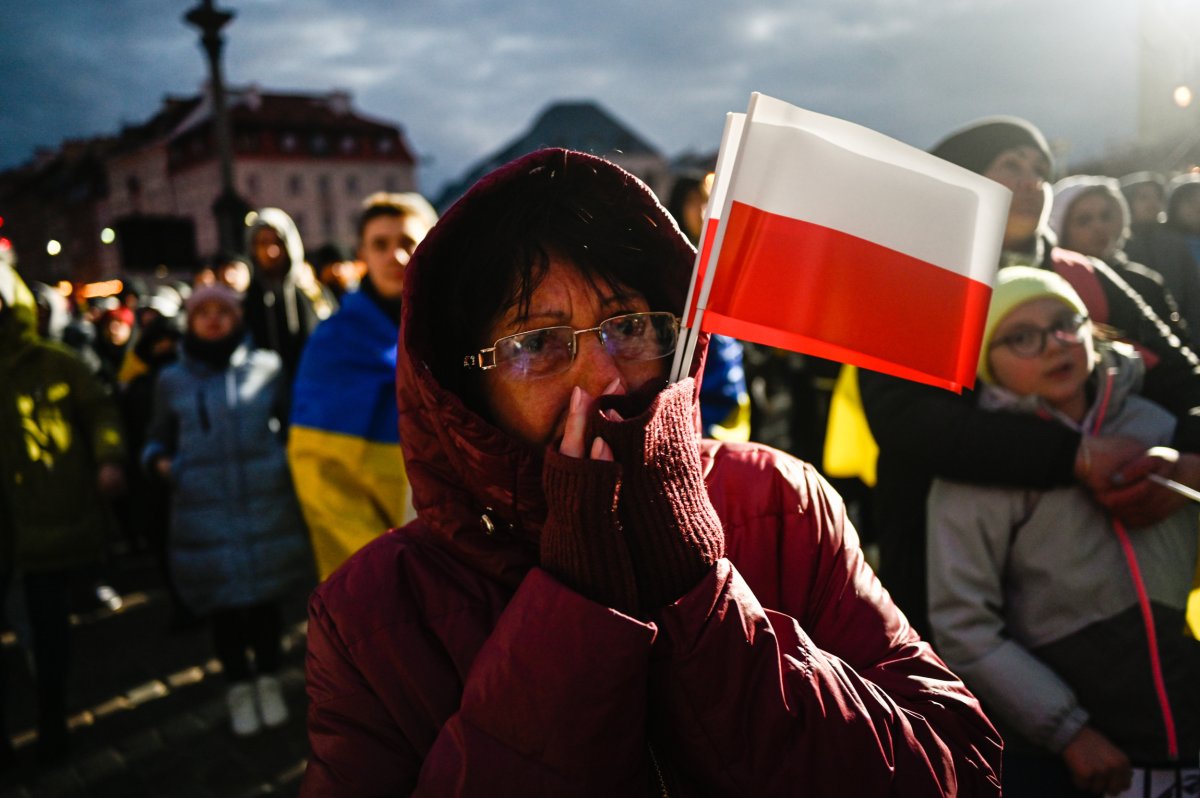
Still, the dispute unsettled Kyiv. "We urge our Polish friends to reject emotions," Oleg Nikolenko, a spokesperson for Ukraine's Foreign Ministry, said.
How much the very public falling out was down to genuine political-economic concerns, and how much it was sparked by the Polish parliamentary election in October, is a matter for debate. Facing lagging poll numbers and a strong challenge from a liberal coalition, PiS appears to be trying to shore up its rural, conservative voter base and see off the challenge of the far-right, openly Ukraine-skeptic Confederation party.
Ukraine is not the biggest issue in the coming election. Backing for Kyiv remains high among Polish voters, even if reduced from the initial post-invasion wave of support in 2022, when the vast majority of Poles welcomed more than 1.5 million Ukrainian refugees with open arms.
Instead, polarized voters will choose between the nationalist, illiberal democracy constructed over eight years of PiS rule, and the opposition liberal coalition, which vows to pivot back towards the EU and embark on rule of law reforms thereby undoing much of the PiS' work.
Piotr Buras, the head of the Warsaw office of the European Council on Foreign Relations (ECFR), told Newsweek that the looming electoral battle "is not good news for Europe or for Ukraine."
"I think we are heading indeed for quite a long period of political instability, regardless of what government in the end is established," Buras said. "I think one thing is clear: it will be very chaotic and unstable."
Neither PiS nor the opposition coalition look likely to win a parliamentary majority. This means subsequent jockeying for a coalition capable of governing, and all the insecurity that comes with it. Any governing alliance, Buras said, "will be very, very shaky in whatever constellation, and likely to collapse at some point."
Such instability will distract Polish leaders from Ukraine, and potentially deny Ukraine one of its most ardent and hawkish backers within the EU and NATO.
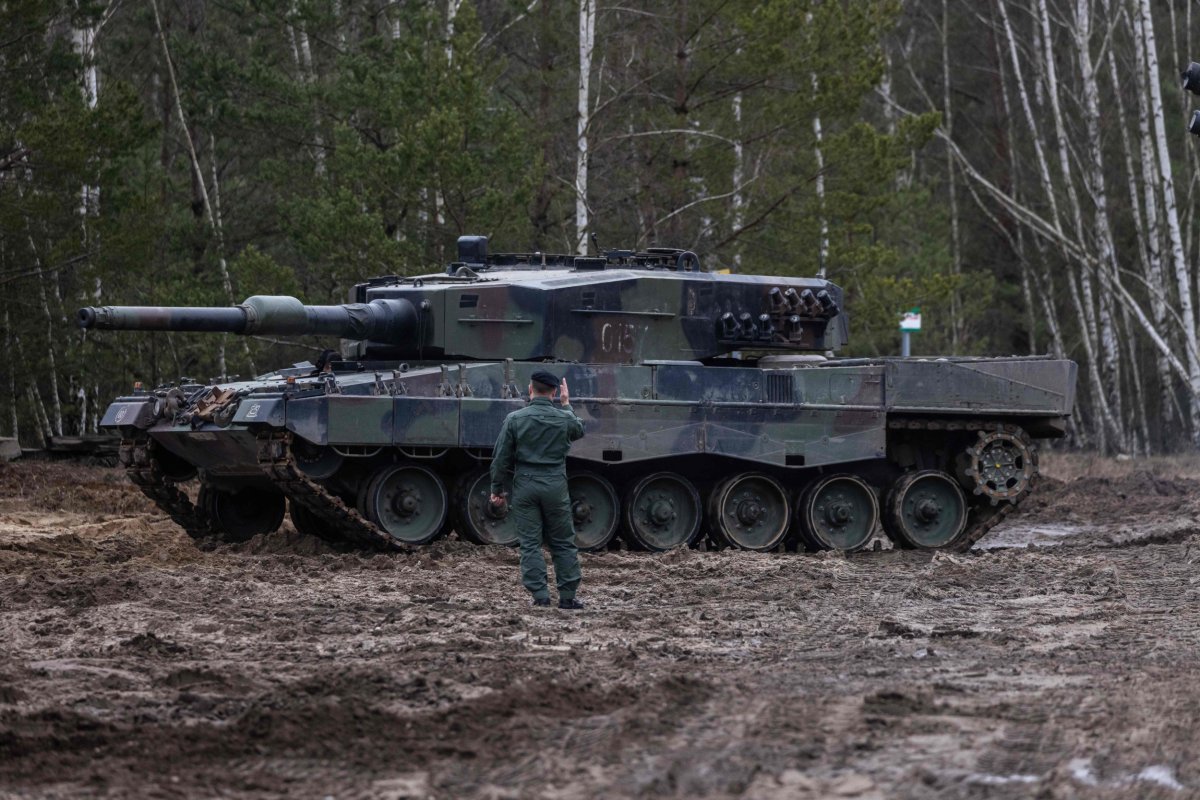
Even if PiS loses the parliament, Duda will remain in office until the end of his term in 2025, and will likely stymie any attempts to roll back PiS measures that critics say have near-fatally undermined Polish democracy.
The president, Buras said, "could use his veto power to prevent any legislation which the new government may put forward."
"This means that even if a democratic opposition has an absolute majority, they will certainly not have a majority of three fifths, which is required to overthrow the president's veto," he said. "And so, there will be either a political blockade by the president, or the need to negotiate with the president.
"Or the democratic government will have to do things on the verge of legality, or even worse, do things that would look illegal," Buras added. "There is no good solution."
The Battle for Central Europe
Millions of central Europeans intend to vote for Ukraine-skeptic, and even pro-Russian, parties. In Poland and Slovakia, those voters will get their chance in the coming month.
The political picture is not uniform across central Europe. In the Czech Republic for example, voters last year elected one of the continent's most hawkishly pro-Ukrainian leaders in President Petr Pavel, a former NATO military commander who has repeatedly urged allies to do more and faster to help defeat Moscow's invasion.
Elsewhere, far-right populists in Germany and Austria are putting down the foundations for their next run at power, while in Switzerland the pro-neutrality Swiss People's Party leads the largest grouping in the lower house of parliament and has a comfortable lead in national opinion polls.
In Germany—the EU's economic and political powerhouse—the Alternative for Germany (AfD) party is on the rise, now passing the ruling Social Democratic Party (SPD) and its Green Party coalition allies in opinion polls and challenging the center-right opposition Union parties.
Voters largely appear driven by economic concerns, and to a lesser degree fears about immigration, but the AfD has a history of collaboration with the Kremlin and opposition to NATO, the U.S. and Ukraine.
In August, for example, an AfD staffer was revealed to have sought help from Moscow regarding a lawsuit against the German government seeking to prevent arms deliveries to Ukraine. And in September—even as the war was raged—a group of AfD lawmakers visited Russia and planned a trip to occupied eastern Ukraine, before cancelling because of public backlash.
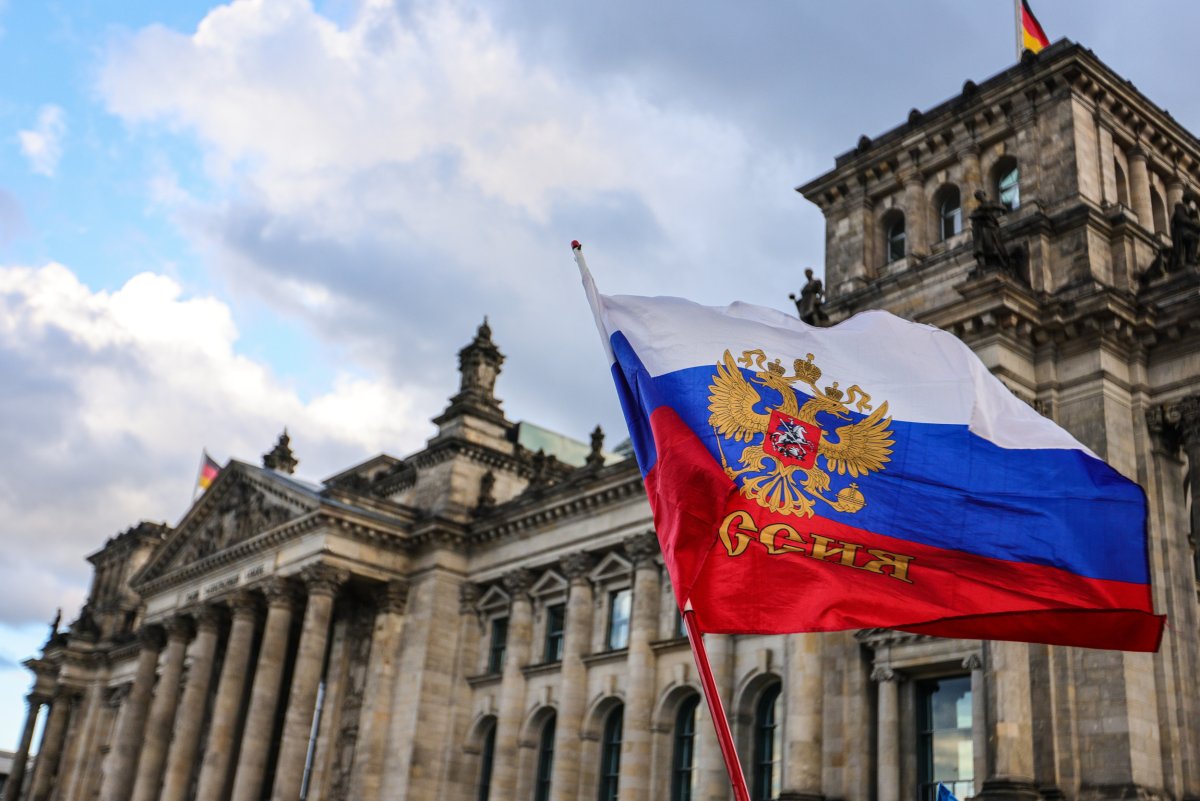
In neighboring Austria, the far-right has long been a potent mainstream political force. The Freedom Party of Austria (FPO) has been intermittently involved in coalition governments for decades, though its leaders have never won the top job of chancellor.
The party—which suffered serious losses in the 2019 legislative election—is now running around 5 percentage points clear of the establishment Austrian People's Party and Social Democratic Party in national opinion polls. Austrians will next go to the polls no later than fall 2024.
Austria, which is not a member of NATO, has clung tightly to its neutrality amid Russia's invasion of Ukraine. Its voters have been somewhat split on implementing sanctions, while the government and its state-owned energy firm have been sluggish in weaning themselves off reliance on Russian natural gas.
The FPO has urged "space for peace," and in March its members walked out of parliament during a video address by Ukrainian President Volodymyr Zelensky.
Despite internal politician machinations, the collective EU-NATO response to Russia's attack on Ukraine has been robust. Though both blocs are regularly criticized for not doing more to help Kyiv, their political, economic, humanitarian, and military assistance have formed a mammoth effort that polls suggest is still supported by most citizens.
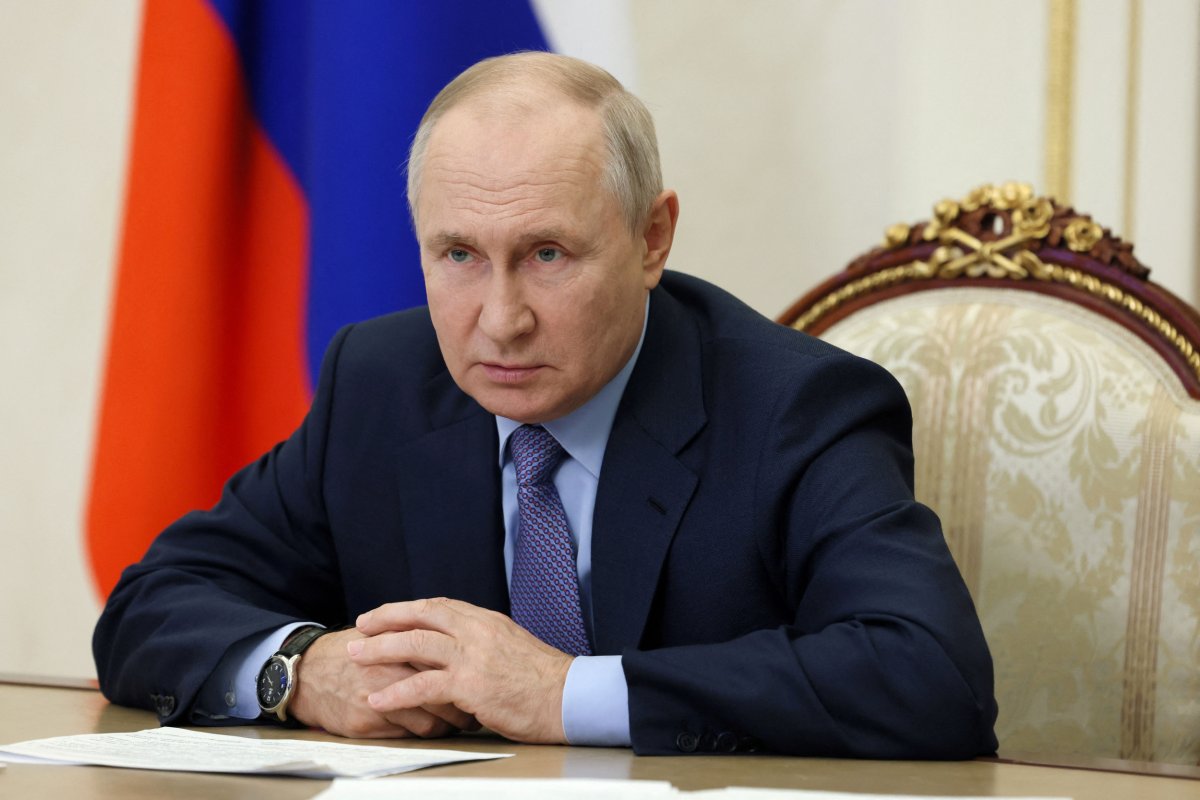
Putin appears set on outlasting Ukraine and its Western partners. The Russian dictator is shifting his country onto a war footing, showing no sign of pulling back from his bloody project. With its military mauled and its economy isolated, Ukraine fatigue among Western societies is becoming the Kremlin's key remaining hope of strategic success.
Newsweek has contacted the Russian Foreign Ministry by email to request comment.
"There's always a window of opportunity if you can use it," Kudzko said of Putin's potential exploitation of looming developments in central Europe.
"Slovakia is not the only country where the population is getting a little bit tired of the war," she added. "This Ukraine fatigue will be spreading across the continent as well. And there might be a bigger pressure on politicians across the board to be less forthcoming in terms of promising high levels of support to Ukraine."
Uncommon Knowledge
Newsweek is committed to challenging conventional wisdom and finding connections in the search for common ground.
Newsweek is committed to challenging conventional wisdom and finding connections in the search for common ground.
About the writer
David Brennan is Newsweek's Diplomatic Correspondent covering world politics and conflicts from London with a focus on NATO, the European ... Read more
To read how Newsweek uses AI as a newsroom tool, Click here.






